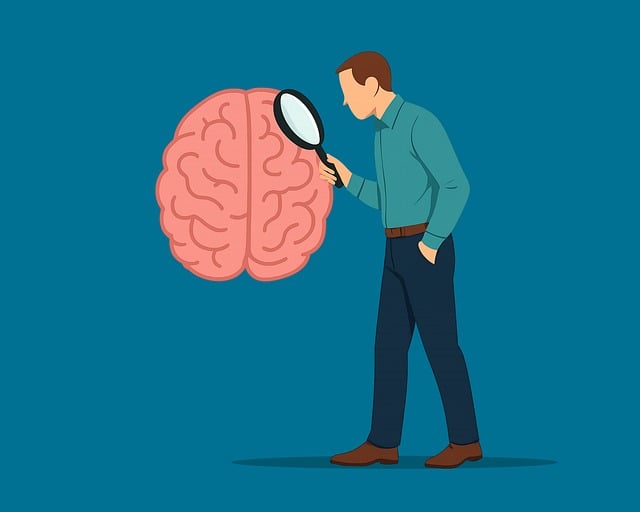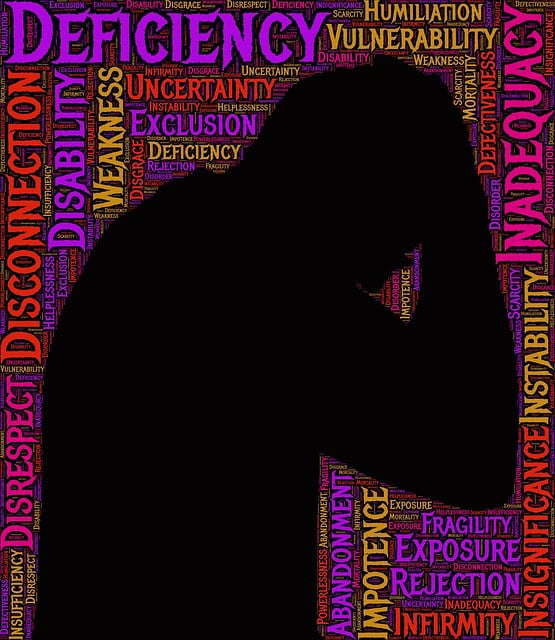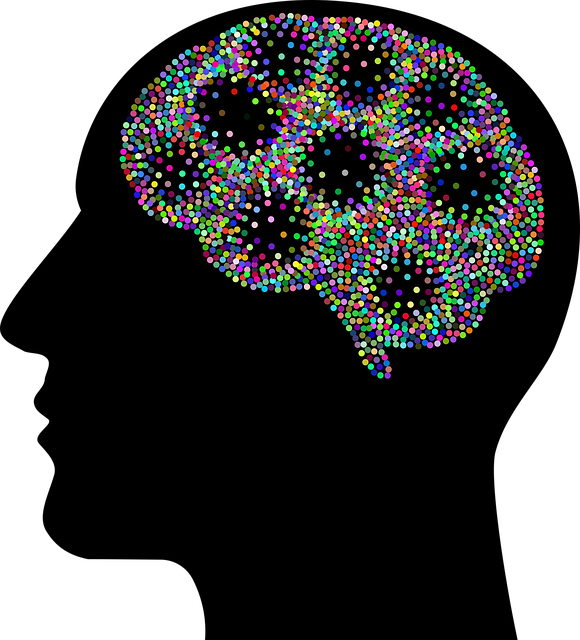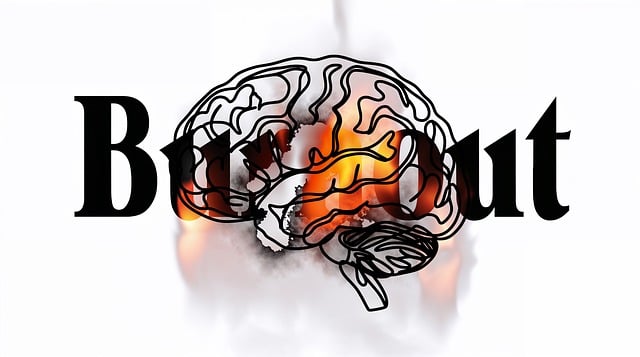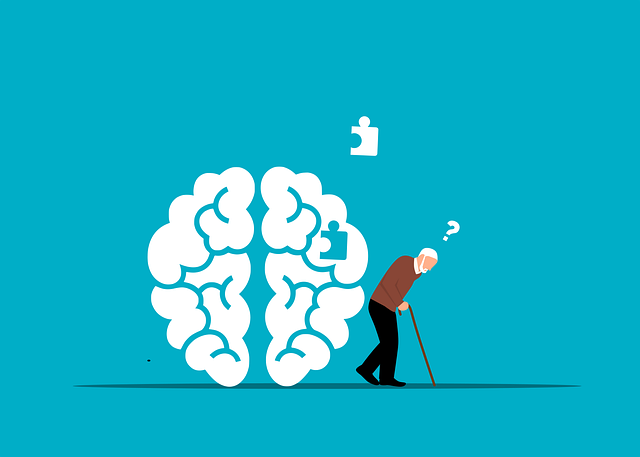Lone Tree Divorce Therapy emphasizes understanding mood regulation as a vital tool for achieving emotional balance and mental wellness during challenging life transitions, such as divorce. Through evidence-based practices, therapists help clients explore their emotional landscapes, learn conflict resolution techniques, develop healthy coping mechanisms, and prevent burnout. Cognitive techniques like CBT challenge negative thought patterns, promoting better emotional regulation. Lifestyle adjustments, including regular exercise, mindful eating, and adequate sleep, along with social connections and joyful activities, are holistic practices that contribute to mental health resilience. Tools like Mental Wellness Journals and public awareness campaigns reduce stigma, encouraging early intervention for improved overall equanimity.
Mood regulation is a vital aspect of emotional well-being, crucial for navigating life’s challenges. This article explores various strategies to achieve and maintain emotional balance, offering practical insights for personal growth. We delve into the science behind mood regulation, examining therapeutic approaches like Lone Tree Divorce Therapy, which provides unique perspectives on managing moods. Additionally, discover cognitive techniques and lifestyle adjustments that can enhance your overall emotional resilience and foster a more stable mental state.
- Understanding Mood Regulation: Unraveling Emotional Balance
- The Role of Therapy in Navigating Moods: Lone Tree Divorce Therapy Approach
- Cognitive Techniques for Daily Mood Management
- Lifestyle Adjustments and Holistic Care for Sustainable Emotional Well-being
Understanding Mood Regulation: Unraveling Emotional Balance

Understanding Mood Regulation is a vital step towards achieving emotional balance and overall mental wellness. It involves recognizing that our moods are complex and dynamic responses to various internal and external stimuli. The ability to regulate mood is like navigating a landscape where one moment you’re standing tall amidst the lush greenery of contentment, and the next, a storm clouds your serenity.
Lone Tree Divorce Therapy emphasizes the importance of this emotional equilibrium in helping individuals cope with life’s challenges, including major transitions such as divorce. By employing effective mood regulation strategies, clients can learn to manage intense emotions, reduce stress, and even mitigate symptoms associated with mental illness. Stress Reduction Methods play a pivotal role in this process, allowing individuals to foster resilience and navigate their emotional landscapes more effectively. Moreover, addressing the Mental Illness Stigma Reduction Efforts is integral to creating an environment where seeking help for mood regulation becomes a normal and supportive aspect of self-care.
The Role of Therapy in Navigating Moods: Lone Tree Divorce Therapy Approach

Lone Tree Divorce Therapy offers a unique and specialized approach to navigating moods and emotional challenges, particularly during and after divorce or separation. This therapy model recognizes that individuals going through such life transitions often experience a rollercoaster of emotions, from grief and anger to anxiety and depression. By employing evidence-based practices tailored to these specific circumstances, therapists can help clients effectively manage their moods and foster resilience.
The process involves an in-depth exploration of the individual’s emotional landscape, encouraging them to identify and express their feelings constructively. Therapists guide clients through conflict resolution techniques, helping them navigate interpersonal challenges with healthier communication strategies. Additionally, burnout prevention is a key focus, teaching individuals how to set boundaries, prioritize self-care, and develop coping mechanisms to maintain mental wellness during this stressful period.
Cognitive Techniques for Daily Mood Management

Cognitive techniques play a pivotal role in daily mood management, offering powerful tools to navigate and improve mental well-being. These strategies, often explored through Lone Tree Divorce Therapy or other therapeutic practices, focus on challenging negative thought patterns and replacing them with more positive, realistic perspectives. By identifying and modifying cognitive distortions, individuals can effectively regulate their emotions and enhance overall mood stability.
One such technique is Cognitive Behavioral Therapy (CBT), which encourages self-awareness and reframing thoughts to reduce anxiety relief stress. This involves recognizing unhelpful thought cycles and replacing them with balanced alternatives. Integrating these practices into a well-structured self-care routine development for better mental health can significantly contribute to crisis intervention guidance, empowering individuals to manage their moods proactively and foster resilience in the face of life’s challenges.
Lifestyle Adjustments and Holistic Care for Sustainable Emotional Well-being

Lifestyle adjustments play a pivotal role in mood regulation and sustainable emotional well-being. Incorporating practices such as regular exercise, mindful eating, and adequate sleep can significantly impact mental health. For instance, Lone Tree Divorce Therapy highlights the power of holistic care in managing emotions. Exercise, in particular, releases endorphins that act as natural mood boosters, while mindfulness practices help individuals cultivate present-moment awareness, reducing rumination on past or future events.
Additionally, fostering social connections and engaging in activities that bring joy contribute to emotional resilience. Maintaining a Mental Wellness Journal can be an effective tool for tracking moods, identifying triggers, and reflecting on progress. Public Awareness Campaigns Development focused on mental health can also play a crucial role in reducing stigma and encouraging early intervention, including strategies like depression prevention programs. These holistic approaches work synergistically to promote overall well-being, ensuring individuals have the tools to navigate life’s challenges with greater equanimity.
Mood regulation is a multifaceted journey, and by combining therapeutic practices like Lone Tree Divorce Therapy with cognitive techniques and lifestyle adjustments, individuals can achieve lasting emotional well-being. These strategies empower people to navigate their moods effectively, fostering resilience and a sense of balance. Through understanding and managing emotions, one can transform their life, creating a more harmonious and fulfilling existence.


